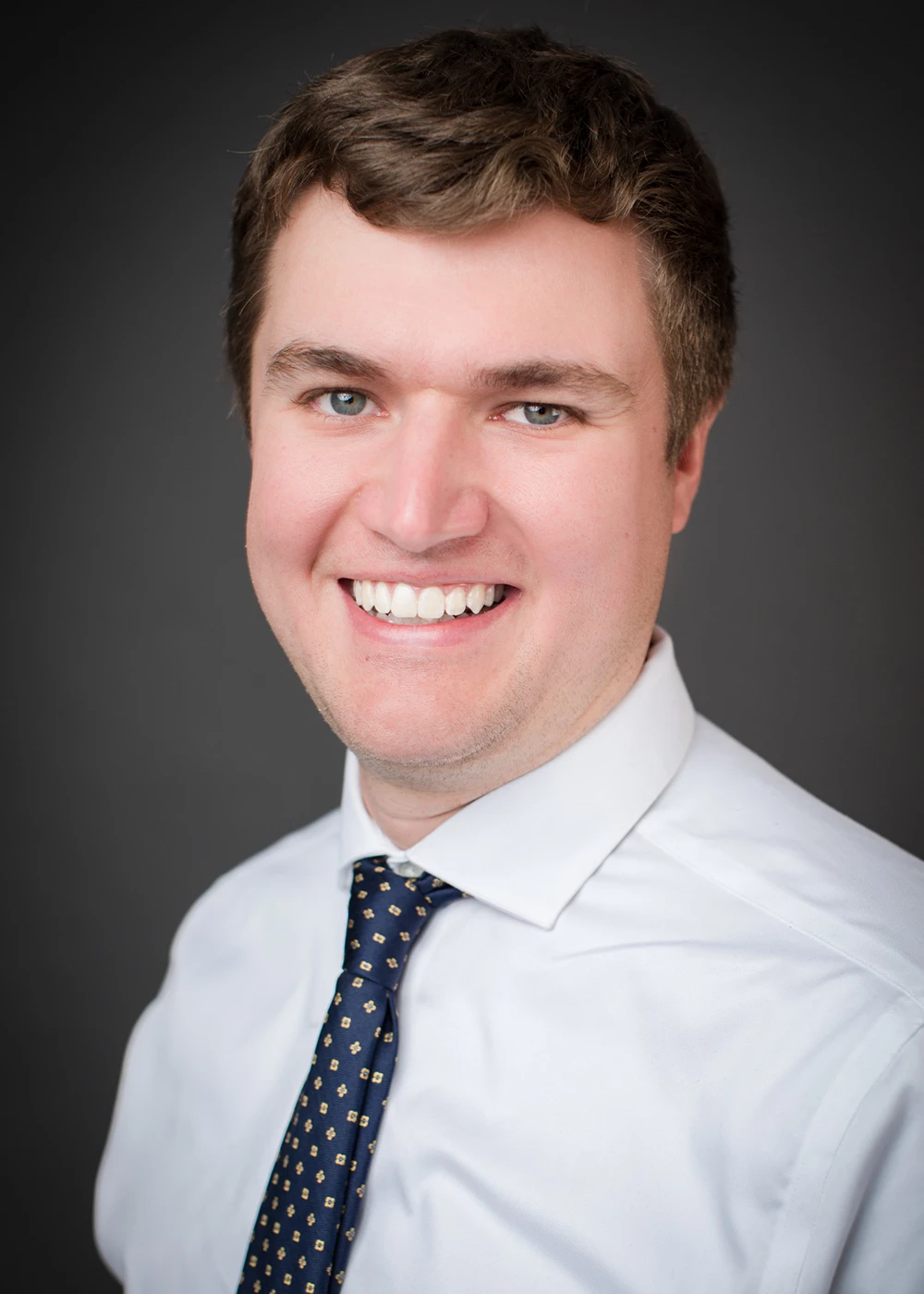




Healthy Lifestyle
Methodist teamwork allows patients to catch more z’s with Inspire
Published: Dec. 16, 2024

Ryan Sillik, 51, works a labor-intensive job in construction as a plumber, but he’s struggled getting a good night of sleep for years.
Duane Short, 69, has had difficulty sleeping for more than 20 years after being diagnosed with sleep apnea in his 40s.
Thanks to collaboration between Methodist’s sleep services team and head and neck surgical oncology team, Sillik and Short are each benefiting from Inspire – a surgically implanted device that treats sleep apnea.
“This helps out because I can get a full night of sleep,” Sillik said. “I can wake up feeling well rested and not groggy.”
“I’m more rested because I get a sounder night of sleep,” Short said.
Offering a better experience
About 30 million people in the U.S. have sleep apnea, a condition where the airway is blocked and a person can stop breathing while asleep. In addition to fatigue, sleep apnea can increase the risk of high blood pressure, heart attack and stroke.
Many people with sleep apnea use CPAPs – continuous positive airway pressure machines – which keep airways open during sleep by delivering air through the mouth and/or nose. But these machines include face masks and hoses that can be uncomfortable and annoying.
“People say they feel better when they treat their sleep apnea, but they can’t stand their CPAP,” said Sylvia Rael, MD, a Methodist Physicians Clinic pulmonologist who specializes in sleep medicine.
To help combat these struggles, Methodist pulmonologists have been offering Inspire for the past year and a half. Inspire is a surgically implanted device that can stimulate the tongue to keep airways open – eliminating the need for a mask or hoses.
Many people learn about Inspire through media such as television and radio ads and get connected with Methodist’s pulmonology group by completing a questionnaire on Inspire’s website. Existing patients with Methodist’s pulmonology group may be offered the implant, while a smaller set of patients are referred by primary care providers.
Getting connected
Patients interested in learning more about Inspire meet with Dr. Rael, Gary Koenig, MD, or J. Christopher Shehan, MD – sleep medicine-certified pulmonologists – to discuss their current sleep apnea treatment and why they’re hoping to change their habits.
Next, an at-home or in-lab sleep study determines if a patient qualifies for Inspire. Qualifications vary based on insurance. As a baseline, the Medicare guidelines are:
- Diagnosis of moderate to severe obstructive sleep apnea based on an AHI – amount of times someone stops breathing in an hour – of 15 or higher
- BMI of 35 or less
- Have used and struggled with using a CPAP
- Good surgical candidate
- Cognitively aware enough to operate their own remote to control the device
If a patient qualifies for the implant, they are directed to Andrew Holcomb, MD, or Robert Lindau, MD, with the Methodist head and neck surgical oncology team to discuss the surgery and learn about expectations, risks and typical outcomes.
According to Dr. Holcomb, most patients are very eager to have the surgery.
“I try to slow down their enthusiasm to ensure that they’re fully informed about what they’re doing and that they’ve considered the risks and limitations,” he said.
The procedure takes about an hour and involves two incisions – one on the right side of a patient’s neck, just below the jaw, and another about two inches below the collarbone. A stimulator is wrapped around a nerve located inside the neck and connected to a small generator – similar to a pacemaker – that’s implanted just below the collarbone.
A sensor near the generator sits below the muscles that connect the ribs and senses when someone is breathing, which then triggers a dynamic stimulation of the tongue to keep airways open.
The device is activated by a sleep-medicine physician about a month after the procedure. Following activation, the patient uses an external remote to control when the device is on and the intensity of the stimulation.
Patients are then followed closely to monitor the impact of the implant. The majority of patients in follow-up sleep studies have decreased their AHI by 50% and/or lowered their number of obstructive events to fewer than 15 per hour.
This additional sleep pays dividends to those struggling to get quality rest.
“It’s improved my quality of life,” Sillik said. “One hundred percent.”
Inspire has become so popular that Dr. Rael’s Thursdays at Methodist Physicians Clinic are dedicated to appointments with patients who want to learn more about the device or already have it.
Strengthening partnerships
Dr. Holcomb believes that the collaboration with Inspire cases has only strengthened the partnership between the head and neck surgical oncology and pulmonary medicine groups.
“Each of us has a unique perspective on patient care,” he said. “We have a different set of skills and expertise that overlap but are distinct from each other. When we have a team-based approach, we’re able to offer the best possible patient care.”
More Resources
- Learn more about sleep services at Methodist.
- Find a Methodist sleep medicine provider.


